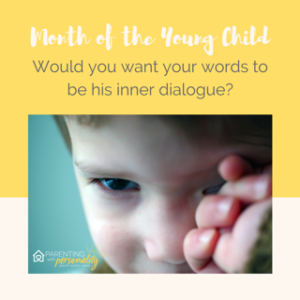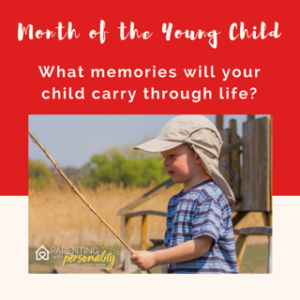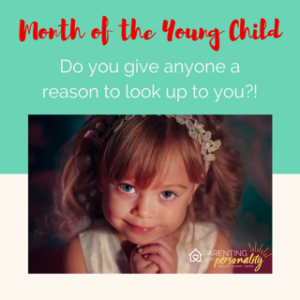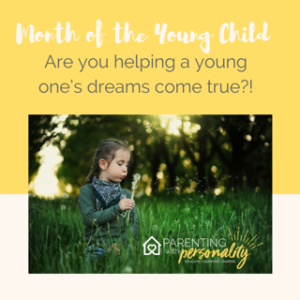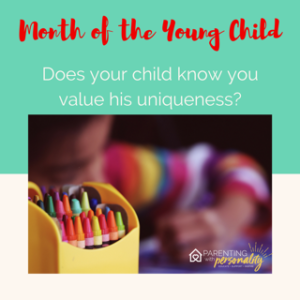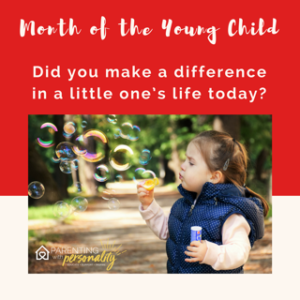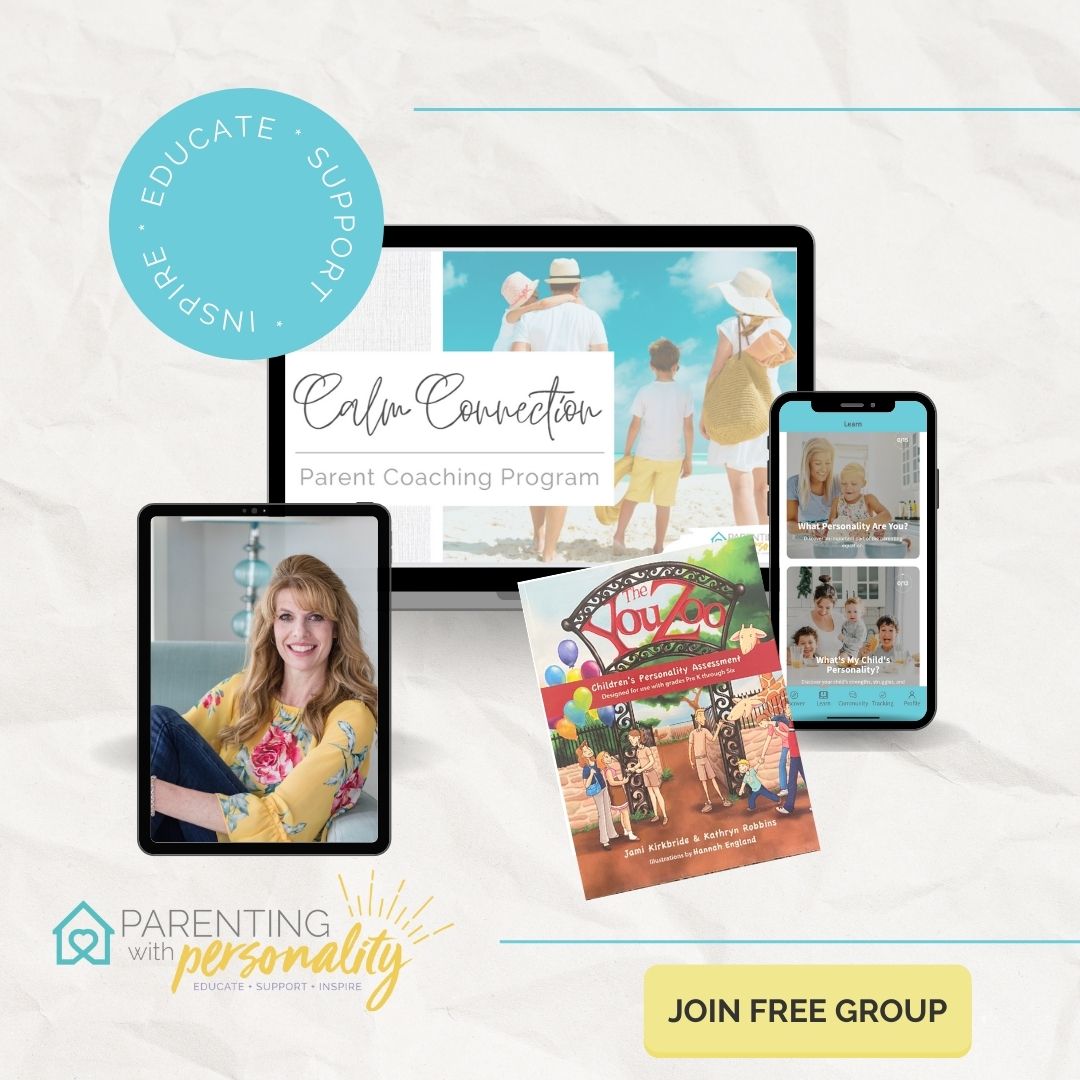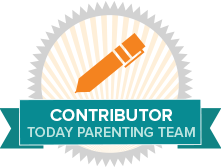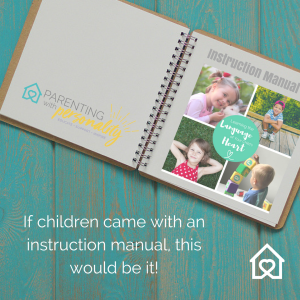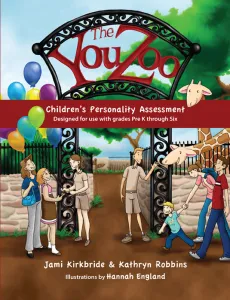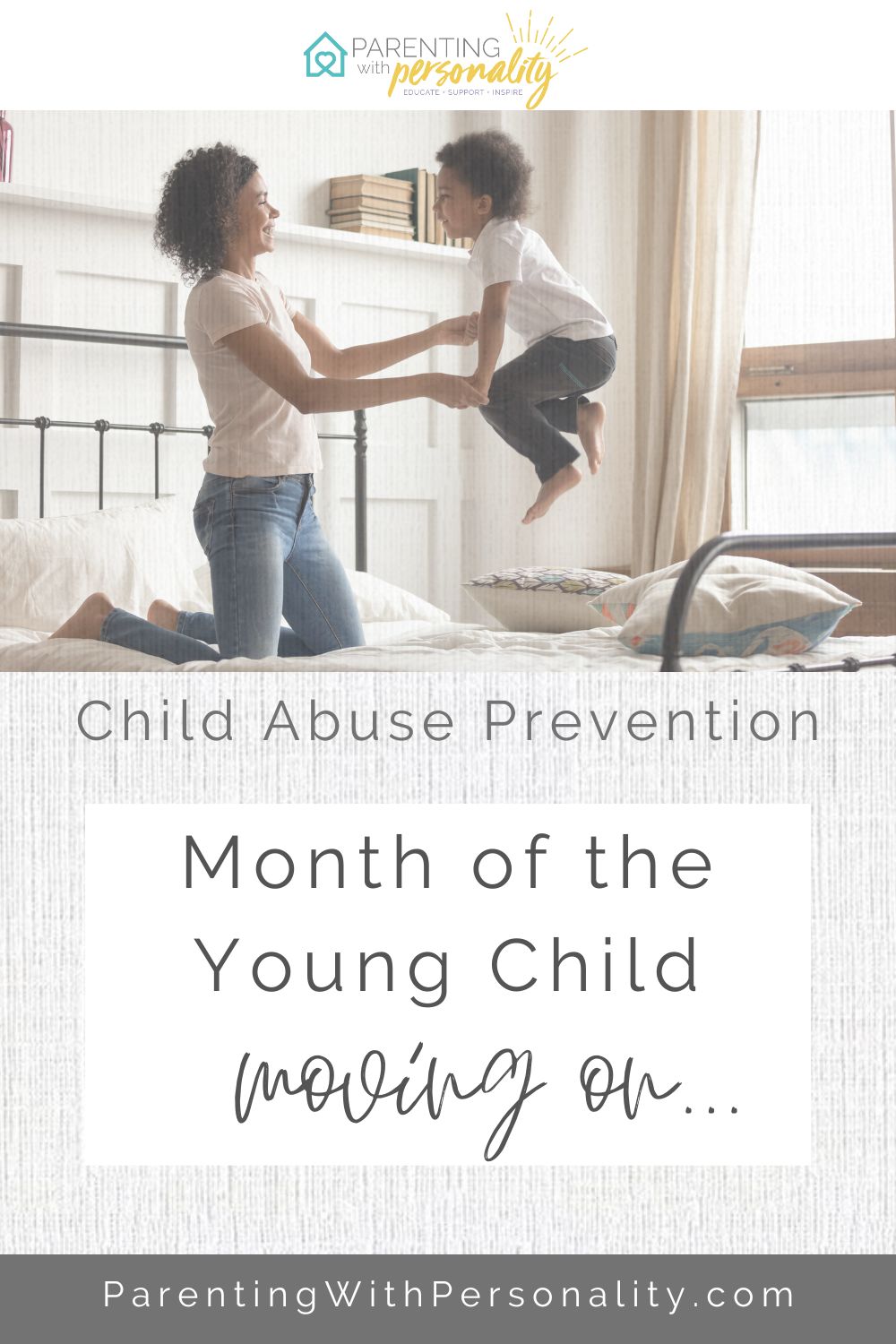
Month of the Young Child and Child Abuse Prevention Month
During the Month of the Young Child and Child Abuse Prevention Month (which is typically April), we take time to become more aware. We focus on the needs of young children and may be forced to face what is a reality for many children and the abuse they endure. But that awareness should not end at the closing of the month. What if we were to take that motivation for change and awareness of what needs to be addressed into the months that follow?
The United States rates as one of the worst for child abuse among industrialized countries. In fact, did you know that between 4-7 kids die daily from abuse and neglect. It is sad to realize that you could pack 10 modern football stadiums full from the number of children that are experiencing some form of maltreatment.
(Statistics from National Child Abuse Hotline—link provided below.)
As a counselor, I have heard some horrific stories of what some children have endured. And I can tell you this: looking at the students in a classroom, on a soccer field, or wherever you might see a young child, you would never guess what some of these children have experienced or might still be experiencing. It is sad and true.
We tend to think there is a stereotypical look of a child in need, but let me tell you– there are children in need all around us.
For some of these children, even their most basic needs aren’t being met. They may not have adequate food, clothing, or even a warm or safe place to live. You might think that in this country it doesn’t happen. But it does. We just don’t have eyes to see it.
For other children, their basic needs may be met, but there may be some gaping holes in their emotional wellbeing. Some children are experiencing abuse but have no way of even asking for help. And trust me, abuse comes in many shapes…physical, sexual, and emotional. The sad thing is, we like to think we would see it and know it, but that is not necessarily true.
I like to take time to encourage people during the month of April, but also beyond, and especially as a way of life—look around you and take the time to make a difference for a young child! You might not ever know the difference your time, words, or kind gesture might make. You just might be that person that gives them a glimmer of reassurance, security, or hope.
What if we asked ourselves these questions:
- Would you want your words to be a child’s inner dialogue?
- What memories will this child carry through life?
- Am I giving my child/or any child a reason to look up to me?
- Are you helping a child’s dreams come true?
- Does your child know you value his uniqueness?
- Did I make a difference in the life of a child today?
Let’s think of the young child, not just in April, but every day. Let’s take this goal and motivation into May, and the rest of the year, with the hope of inspiring one young child a day. It may be your child, it may be a friend’s child, or even just a young child you pass in the store—but let’s be the one to make a difference.
Make A Difference in the Life of A Child
It’s easy to sit back and dismiss yourself from doing something about the overwhelming issue, after all, it may or may not be something that affects you personally. But what if we each took an interest in making a difference in the life of a child. As we head out of this month of awareness and into our daily life, I would like to challenge you. I would like you to make a conscious effort each day in the month of May to say or do something that affects the life of a child. It may be as simple as a compliment. It may be more involved as giving a gift or spending time with them.
One of the best ways you can make a difference in the life of a child is by understanding them. My usual encouragement involving that, is to learn your child’s personality. It’s a great place to start! The Parenting With Personality Course, Learning the Language of Your Child’s Heart, might be a great way to do that. It offers short training segments (both audio and video) and a workbook to help you learn about your child’s personality and how you might work best with that personality, understand their strengths or potential struggles, identify their emotional needs, learn to motivate, and help them with sibling and peer relationships, school, and more. It’s a great resource for learning about your child and what makes them tick! Don’t miss out!
Think about this: For every negative thing a child hears about himself, it takes at least 7 positives to counter that!
Words Make A Difference
Often, we overlook the power our words truly have. We forget that in the blink of an eye, we can both build a child up and tear them down. In just a few short words, we can empower them or wound them. It can be difficult to choose your words carefully, which is why I highly encourage you to master that powerful pause…that moment you hear them and choose the words you speak. Yes, it can be a challenge, especially when you are stressed and frustrated.
It’s imperative to remember that children who are highly sensitive, highly emotional, intense, or challenging hear numerous redirects, correction, or even their routine doses of “no, stop, or don’t” and can really rely on a parent to offer genuine encouragement. Are you looking for things to say that might help you make a difference in the life of your own child who is struggling or needing to connect. Never fear! I will provide a List of 50 Things Every Child Needs To Hear. You can say to these things to a child to encourage and connect with them. And if you are ever at a loss, just use the list! (Yes, one for each day of May, and several extras, so no excuses!)
Making A Difference For A Highly Sensitive Child
Chances are great, that your neurodivergent child with their unique wiring is working 10xs harder than other children and often not seeing the result others see with far less effort. Can you imagine how disheartening and discouraging that would feel? And on a continual basis, you would feel pretty defeated
In addition to understanding your child’s personality, you might take time to understand your child’s unique sensory processing, challenges, or mental health issues. The Parenting With Personality signature program is great for helping you explore these things. The Calm Connection Parent Coaching Program focuses on learning how to manage emotional dysregulation, understand the challenges of this unique wiring and neurodiversity, and connect with your child who is highly sensitive, highly emotional, intense, or challenging. This program also offers short video and audio segments, a workbook, and weekly coaching sessions to help you transform the relationship you share with your child…and for many families…the entire family dynamic!
Let’s help children know that they matter every day of the year!
Make a difference in the life of a child…your child…and others too!
The best way to love a child is to see, hear, and understand them.
**Take time to be informed. If you would like to learn more about child abuse. Here is a link with some startling statistics:

